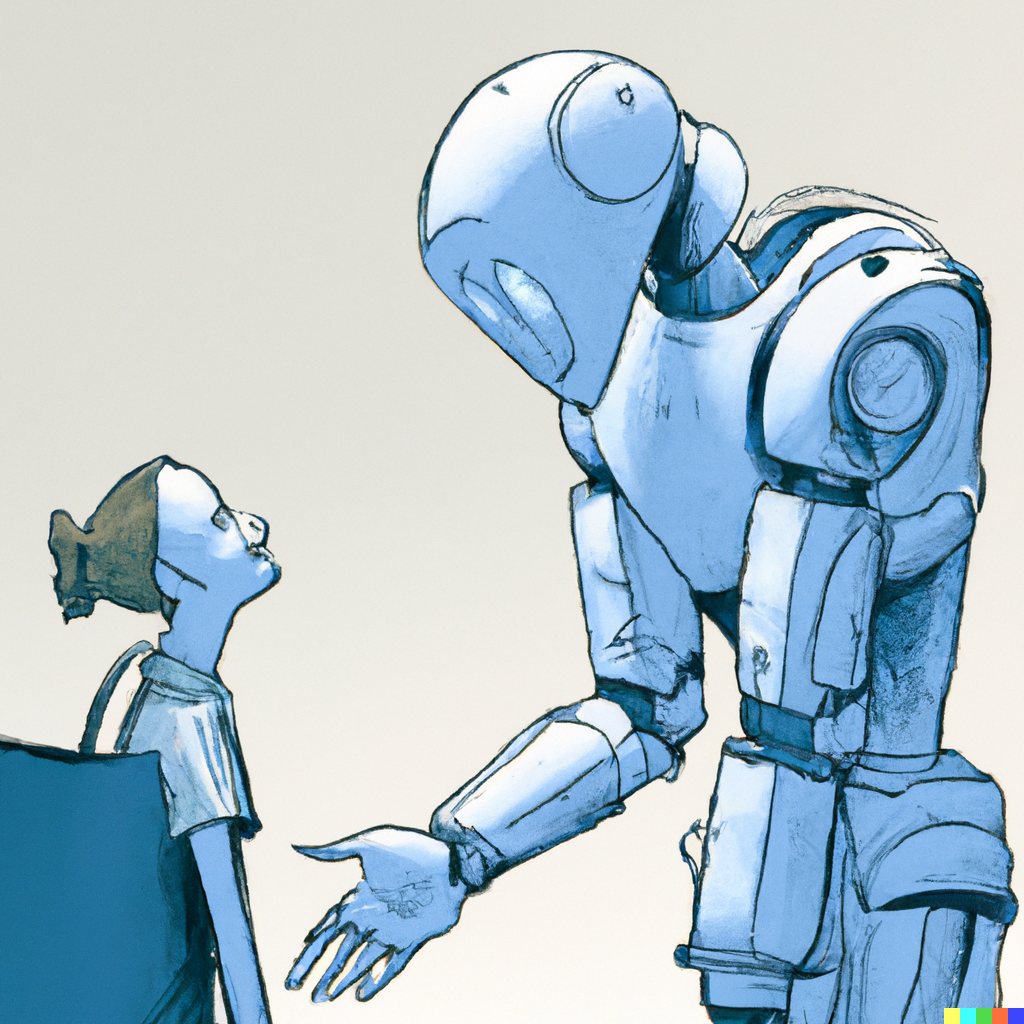Blog
The use cases of text to speech technology

The use cases of text to speech technology
Shay Mizrahi / February 14, 2023
Text-to-speech (TTS) technology has come a long way in recent years, and it's now being used in a wide range of applications. Here are some of the most popular use cases:
- Accessibility: TTS technology is often used to make digital content more accessible to people with visual impairments or reading difficulties. By converting text to speech, individuals can listen to written content, including books, articles, and websites.
- Language Learning: TTS technology is also used in language learning applications, helping users to improve their pronunciation and listening skills. Learners can listen to texts in the language they are studying, which helps them to understand the proper pronunciation of words and phrases.
- Navigation and Directions: TTS technology is used in GPS navigation systems to provide turn-by-turn directions to drivers. It can also be used in mobile apps to give directions to pedestrians.
- Virtual Assistants: TTS technology is a key component of virtual assistant software such as Amazon's Alexa and Apple's Siri. These assistants can use TTS to read out news, weather updates, and other information.
- Audiobooks and Podcasts: TTS technology is often used to create audiobooks and podcasts. With TTS, publishers can quickly and easily create audio versions of their books and other content.
- Customer Service: TTS technology is also used in customer service applications. Automated phone systems use TTS to provide information and instructions to callers, while chatbots and virtual assistants use TTS to communicate with customers.
- Public Announcements: TTS technology is used in public announcement systems in airports, train stations, and other public spaces. It can also be used to broadcast emergency alerts and other important messages.

As TTS technology continues to improve, we can expect to see even more use cases in the future.